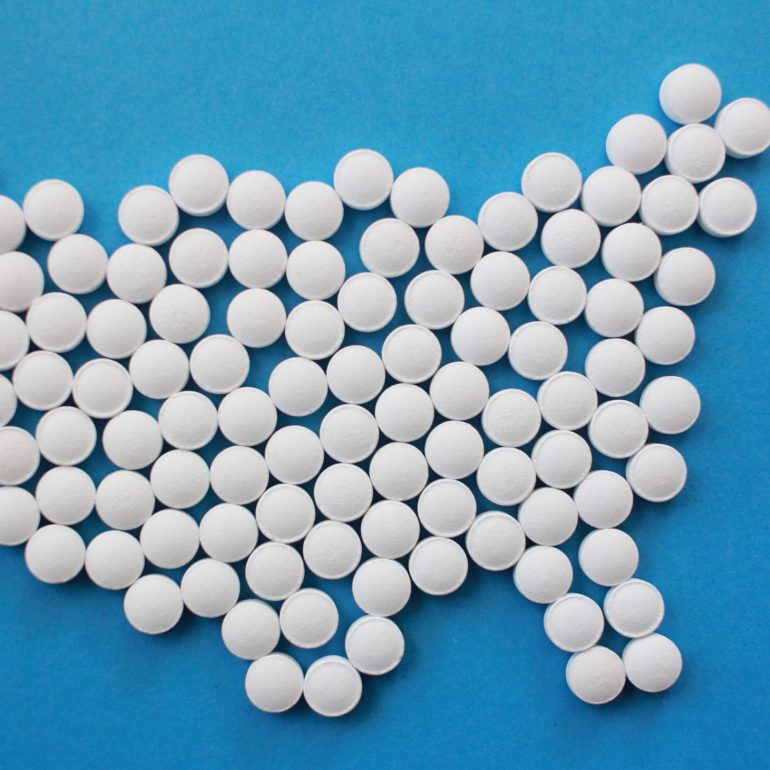Staying in the same vein as preparing for success in a tech interview, let’s take a look at how to prepare for a Healthcare interview. Like in the tech industry, landing your dream job in the competitive world of healthcare can be challenging. However, with the right mindset, and through preparation, you too can emerge victorious. Here are a few tips that can help you prepare for a healthcare interview.
Customize your Resume
Craft your resume to highlight your accomplishments and how they relate to the role you are interviewing for. Like with other interviews, tailoring your resume to the job description can help you stand out to recruiters and potential employers.
Elizabeth Stoler, Principal at Green Key leading the Healthcare New York team noted, “It’s important to include your detailed job responsibilities for each position you’ve held and have a well-crafted objective that matches the position you are applying for.”
Stay Current on Industry Trends
It is important to stay up to date on the latest trends and developments in healthcare. Healthcare is an ever-changing industry and recruiters appreciate candidates who exhibit an awareness of current trends and issues. “There are new and exciting areas for both clinical and non-clinical professionals. Nurses now have more opportunities than they did several years ago,” said Elizabeth. “There are hybrid, remote and other positions available that emerged during the pandemic that have expanded the areas nurses can go in to. However, trends can change every few months, so it’s important to stay up to date on these trends.”
Practice Behavioral Questions
Recruiters often use behavioral questions to assess your soft skills. Use the STAR (Situation, Task, Action, and Result) when discussing your experience.
Practice Interview Questions
Practicing with sample interview questions allows you to refine your responses, boost your confidence, ultimately increasing your chances of success. Indeed and University of Phoenix are just two resources that provide sample questions as well as sample responses to give you the opportunity to formulate well-structured, concise responses.
Elizabeth stressed the importance of thoroughly preparing for interviews by saying, “The best approach I always tell my candidates to use is to look at the job description for the position you are applying for and have ways you know you have done this job ready to go.” She went on to say, “If you haven’t done every aspect, have examples of similar responsibilities to highlight your skills. Study for every interview!”
Highlight Soft Skills
Interpersonal skills are a vital skill in healthcare. You should always emphasize your ability to communicate effectively, work in a team and most importantly, handle stressful situations with empath and composure.
Ask Questions
Preparing thoughtful questions demonstrates your genuine interest in the organization and role. When thinking about questions to ask, think about questions that will give you more insight into the team, the organization’s mission, and initiatives.
Elizabeth shared some of the secret sauce by saying, “We always tell our candidates to ask, ‘leading questions.’ For example, you can start the interview by asking – “I have seen the detailed job description and looked on your website but tell me more about the kind of person you are looking for. What skills do you think are important to succeed in this position?”
“That way, when they ask you about yourself, you can respond using the information you found out from these questions.”
Additionally, Indeed has a list of some note worthy questions that can help you formulate questions.
Be Flexible
Lastly, when interviewing for a healthcare role, you should be open to feedback and possible follow-up interviews and/or assessments.
Healthcare interviews are not just about highlighting your skills, you should make sure to express your commitment to making a positive impact on patients and the healthcare system in general. By following these tips, you’ll increase your chances of success in a healthcare interview. Good Luck!



